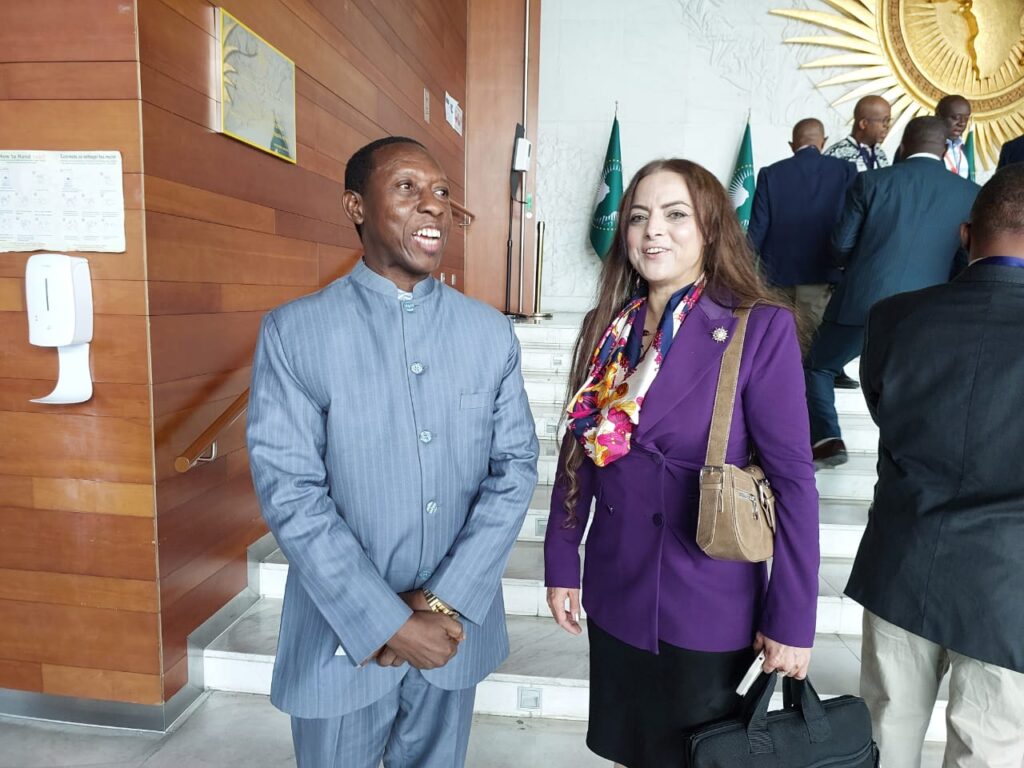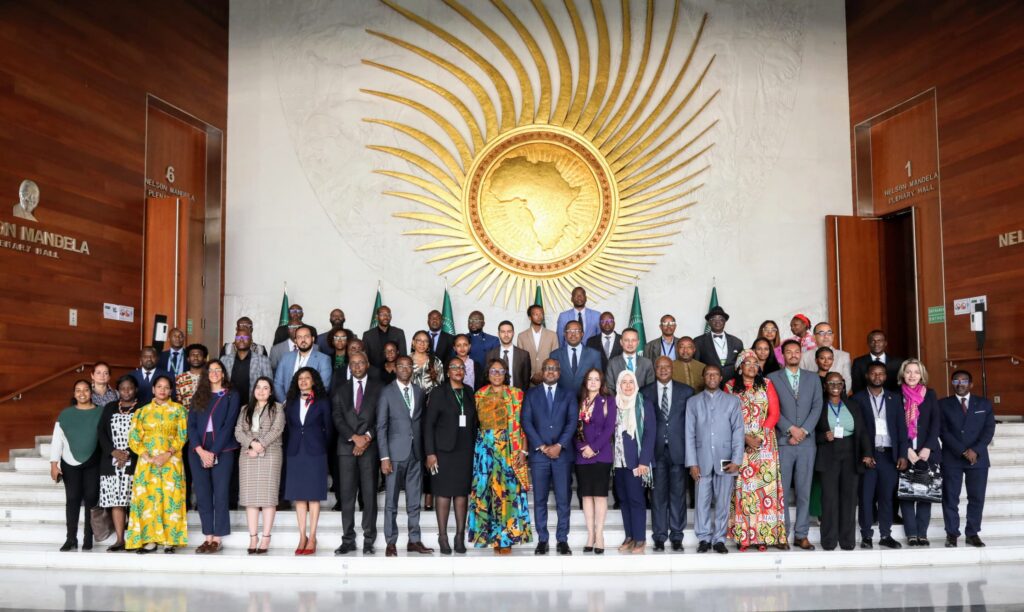The review of the AfCFTA Agreement was directed by the 37th Ordinary Session of the African Union Summit held in February 2024. This move comes as the agreement’s implementation has faced challenges such as slow submission of tariff liberalization schedules by state parties, persistent non-tariff barriers, overlapping regional trade commitments, and infrastructure deficits.
Despite these challenges, the AfCFTA remains a model for global trade cooperation in an inclusive and equitable manner. According to Distinguished Professor of Regional Economic Integration Law and Practice in Africa, Professor Muhammed Tawfiq Ladan of Nigeria, the AfCFTA law has made unique contributions to the multilateral trading system and international economic law. Professor Ladan made this submission at the 11th African Union Commission on International Law (AUCIL) Forum at the African Union Headquarters in Addis Ababa, Ethiopia.

One of the key ways to address the identified challenges is to accelerate the implementation of the AfCFTA Agreement. This requires a complex and highly collaborative undertaking, drawing on the effective discharge of state parties’ obligations relating to trade facilitation measures, infrastructure development, harmonization of standards and regulations, regional value chain development, and fostering industrialization.
Professor Ladan’s paper, titled “Acceleration of Implementation of the African Continental Free Trade Area (AfCFTA) Law’s Unique Contributions to the Multilateral Trading Regime and International Economic Law”, highlights strategic recommendations on how to accelerate AfCFTA implementation in an inclusive, equitable, and sustainable manner. The private sector also has a crucial role to play in driving the progressive realization of the single market.

The review of the AfCFTA Agreement is a timely move, given the evolving regional and international developments. As Africa navigates the complexities of global trade, the AfCFTA remains a vital instrument for promoting economic integration and cooperation. With the right amendments and implementation strategies, the AfCFTA can unlock new opportunities for African businesses and citizens.
The next few years will be critical in determining the success of the AfCFTA. As state parties and stakeholders work together to address the challenges and opportunities, the agreement’s potential to transform Africa’s economy can be fully realized. With careful planning and implementation, the AfCFTA can become a model for regional economic integration and cooperation, not just in Africa but globally.
As the AfCFTA embarks on this new chapter, Africans can look forward to a more integrated and prosperous continent. The agreement’s success will depend on the collective efforts of state parties, the private sector, and other stakeholders. With a shared vision and commitment, the AfCFTA can achieve its goal of creating a competitive single market and improving the lives of Africans.















Leave a comment